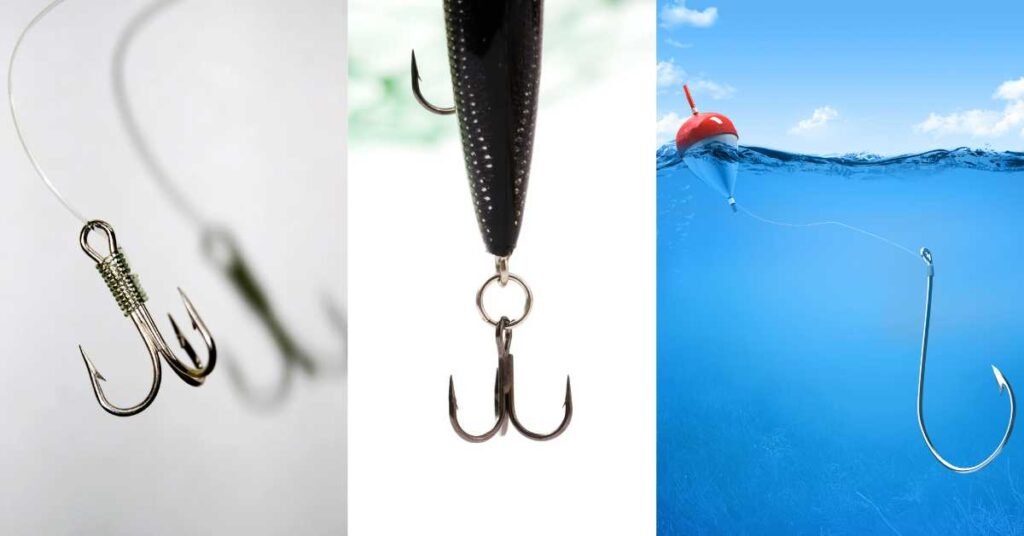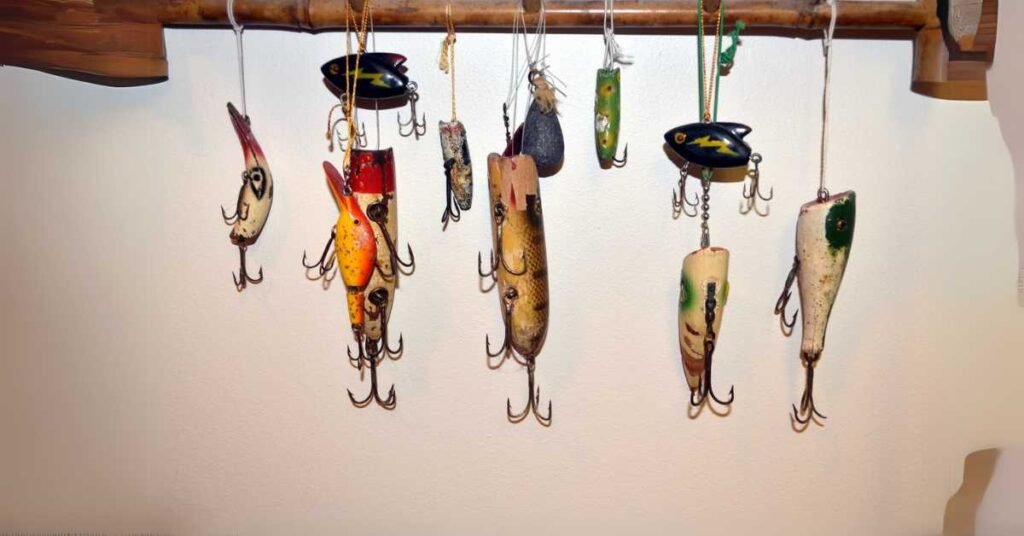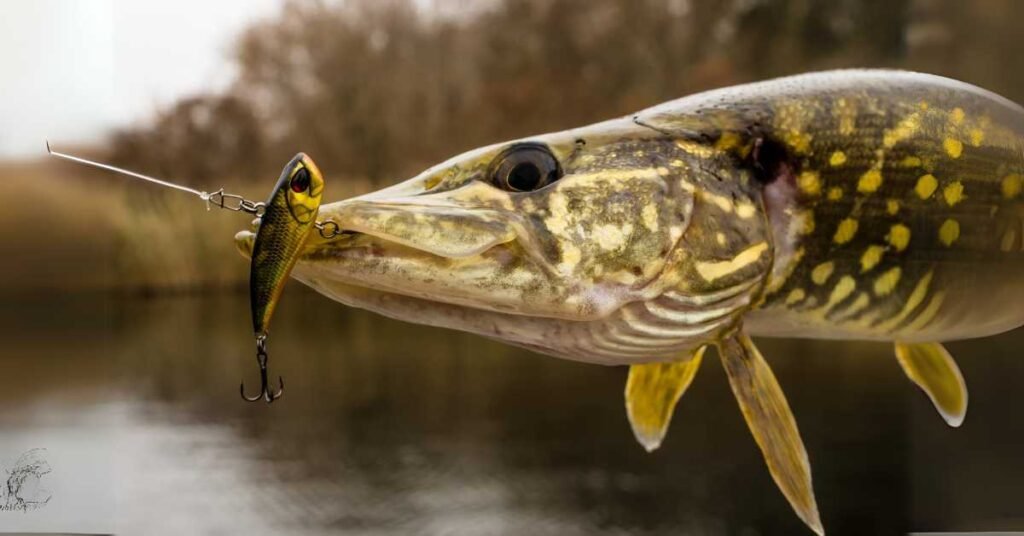Fishing Hooks Guide | Types, Uses & Sustainability

Table of Contents
Casting the Line for Tomorrow’s Catch with the Right Fishing Hook
Fishing is more than just a hobby; it’s a passion that connects us with nature and history. Over the centuries, the humble fishing hook has evolved tremendously, adapting to different needs and environments. Today, with the growing emphasis on sustainable practices, fishing hooks are more than just a matter of getting the right catch—it’s about preserving our aquatic ecosystems for future generations.
This blog post will take you on a guided tour through the fascinating world of fishing hooks. Whether you’re a seasoned angler, a newbie, or an advocate for sustainable living, you’ll find valuable insights here. Let’s explore the different types of fishing hooks, their uses, and how to make mindful choices that benefit the environment.
The Evolution of Fishing Hooks
Did you know that the fishing hook is one of the oldest tools used by humans? Early hooks were made from bones, shells, or sharpened wood. They were simple yet effective, enabling ancient communities to harvest from the waters around them.
With time, fishing hooks have evolved into sophisticated pieces of equipment crafted from metal. The need has driven this evolution for more efficient fishing techniques and the desire to catch a wider variety of fish species.
Today, fishing enthusiasts have access to a wide range of hooks, each designed for specific fishing styles and environments. The availability of high-quality fishing tackle has revolutionized the sport, allowing anglers to venture into new territories and refine their skills.
However, with this advancement comes greater responsibility. It’s now more important than ever to choose fishing hooks that align with sustainable practices.
The environmentally conscious angler will find that selecting the right hook is not just about improving the chances of a successful catch. It’s also about ensuring that you leave nature as pristine as you found it.
Types of Fishing Hooks and Their Uses
When it comes to fishing hooks, one size does not fit all. Different hooks serve different purposes, and selecting the right one can significantly enhance your fishing experience. Let’s look at some popular fishing hooks and their uses:
Barbed Hook – Known for its sharpness and strength, the barbed hook is excellent for catching larger fish. The barb helps secure the fish, reducing the chance of it escaping. However, this design can be harmful to fish, making it less suitable for catch-and-release fishing. Anglers focused on sustainability might prefer alternatives like barbless hooks.
Circle Hook – This hook is a favorite among those practicing catch-and-release fishing. Its unique circular shape ensures the fish is caught in the corner of the mouth, reducing injury. Studies have shown that circle hooks can increase survival rates for released fish, making them a top choice for conservation-minded anglers.
Fly Fishing Hooks – These hooks are used in fly fishing, a technique where artificial flies mimic natural prey to attract fish. Fly fishing hooks vary in size and design, depending on the type of fly used and the target fish species. They are often barbless, adhering to the principles of minimal environmental impact.
Saltwater Fishing Hooks – Designed to withstand the corrosive nature of saltwater, these hooks are essential for deep-sea fishing enthusiasts. Saltwater fishing hooks are available in various shapes and sizes to accommodate the diverse species found in oceanic environments.
The right fishing hook can make or break your fishing expedition. Selecting the appropriate hook not only improves your chances of success, but also plays a role in sustainable fishing practices.
The Importance of Sustainable Fishing and Hook Selection

Sustainable fishing is about meeting our current needs without compromising the ability of future generations to do the same. The type of fishing hook you choose can greatly impact fish populations and aquatic ecosystems. Here’s why mindful hook selection is crucial:
Preserving Fish Populations – Overfishing is a significant threat to marine life. Choosing hooks like circle hooks that minimize harm can help preserve fish populations, allowing for continued biodiversity and balanced ecosystems.
Reducing Bycatch – Bycatch refers to the unintended capture of non-target fish species or other marine creatures. Using hooks designed to target specific species can reduce bycatch, protecting the broader marine environment.
Promoting Ethical Fishing Practices – Fishing with a focus on sustainability promotes ethical behavior among anglers and fosters a culture of respect for nature. By prioritizing sustainable hook choices, anglers can set an example for others, creating a ripple effect of positive change.
Sustainability is more than a buzzword; it’s a commitment to protecting the environment. By choosing the right fishing hooks, you can contribute to a healthier planet for all.
Hook Maintenance and Longevity
Like any tool, fishing hooks require proper care and maintenance to ensure longevity and effectiveness. Here are some tips to keep your hooks in top condition:
Clean Hooks After Use – After every fishing trip, rinse your hooks with fresh water to remove any salt, dirt, or debris. This is especially important for saltwater fishing hooks, which are prone to corrosion.
Sharpen Dull Hooks – A sharp hook is crucial for successful fishing. Use hook sharpener to maintain sharpness, ensuring that the hook penetrates the fish’s mouth easily.
Store Hooks Properly – Keep your hooks organized in a tackle box with separate compartments to prevent tangling and damage. Consider using rust-resistant containers or adding silica gel packets to absorb moisture and reduce rust.
Inspect Hooks Regularly – Check your hooks for signs of wear and tear, such as rust, bending, or dullness. Replace any damaged hooks to maintain the integrity of your fishing gear.
Proper hook maintenance not only extends the life of your fishing tackle, but also ensures your fishing experience remains enjoyable and effective.
Tips for Beginners on Choosing the Right Hook
For those new to fishing, selecting the right hook can be a daunting task. Here are some practical tips to help beginners make informed choices:
Research Your Target Fish – Different fish species have different mouth structures and feeding habits. Research your target fish to determine the most suitable hook type and size. This information will guide you in selecting the best fishing tackle for your needs.
Start with Versatile Hooks – If you’re unsure where to begin, consider starting with versatile hooks like the circle hook. These hooks can be used in various fishing scenarios, and are known for their effectiveness and fish-friendly design.
Consider the Fishing Environment – The environment plays a crucial role in hook selection. For example, saltwater fishing hooks are necessary for ocean fishing, while fly fishing hooks are ideal for freshwater fly fishing. Understanding your fishing environment will help you choose the right equipment.
Seek Advice from Experienced Anglers – Don’t hesitate to ask for guidance from more experienced fishers. They can offer valuable insights and recommendations based on their practical experiences.
Fishing is a lifelong learning process, and starting with the right tools will set you on the path to success. With the right fishing hook, you’ll be well-equipped to enjoy the sport and contribute to sustainable fishing practices
The Environmental Impact of Fishing Hooks and How to Minimize It

Fishing hooks, while small, can have a significant impact on the environment if not managed responsibly. Here’s how anglers can minimize their environmental footprint:
Use Biodegradable Hooks – Biodegradable hooks are designed to break down naturally, reducing the risk of pollution and harm to marine life. Consider using these hooks to reduce your environmental impact.
Practice Catch-and-Release – When using barbed hooks, consider crimping the barbs or using barbless alternatives to make catch-and-release easier and less harmful to fish. This practice helps maintain fish populations and promotes conservation.
Dispose of Hooks Responsibly – Never leave hooks or fishing tackle behind in nature. Collect and dispose of them properly, ensuring they don’t pose a hazard to wildlife or the environment.
Educate Others – Share your knowledge about the environmental impact of fishing hooks with fellow anglers. By raising awareness, you can help foster a culture of responsible fishing.
By taking proactive steps, anglers can enjoy their hobby while minimizing the negative effects on the environment. Sustainable fishing is a shared responsibility, and mindful hook selection is a crucial part of the process.
The Future of Fishing Hooks and Sustainable Practices
The world of fishing is constantly evolving, and so are the tools used by anglers. The future of fishing hooks is likely to be characterized by innovative designs and sustainable materials that prioritize environmental protection. Here’s what we can expect:
Innovative Materials – Manufacturers are exploring the use of eco-friendly materials for fishing hooks, such as biodegradable and corrosion-resistant alloys. These advancements will enable anglers to enjoy their sport without compromising the environment.
Improved Designs – Sustainability is driving the development of new hook designs that minimize harm to fish and reduce bycatch. These designs will become increasingly prevalent as anglers demand more ethical fishing options.
Increased Awareness and Education – As awareness of environmental issues grows, more anglers prioritize sustainable practices. Education campaigns and community initiatives will play a crucial role in promoting responsible fishing. and raising awareness about the importance of selecting the right fishing hooks.
The future of fishing is bright, and by making conscious choices today, we can ensure that future generations will continue to enjoy this timeless pursuit. Anglers have the power to make a positive impact by choosing sustainable fishing hooks and practices.
Choosing the right fishing hook is more than just catching fish. It’s about ensuring the health and longevity of our aquatic ecosystems. By understanding the different types of hooks, prioritizing sustainability, and adopting responsible practices, anglers can enjoy their sport while contributing to a healthier planet.
Whether you’re a seasoned fishing enthusiast, sustainable living advocate, or outdoor adventurer, there’s always more to learn and explore in the world of fishing. For those who wish to continue their education, consider exploring online. resources, joining local fishing clubs, and participating in conservation efforts. Together, we can make a difference and ensure a sustainable future for fishing.
If you are interested in more articles about phishing, you can read these articles- Fishing Rod, Kayak Fishing, Fishing Rod Rentals, Fishing Lure , Fishing Bait . Happy Fishing.
